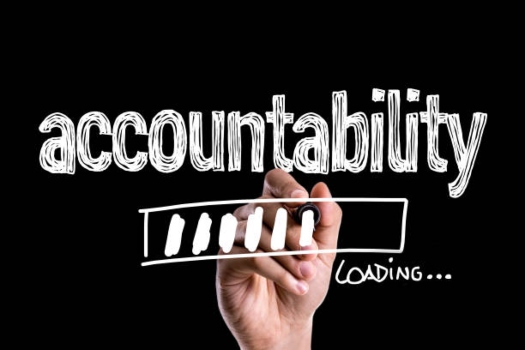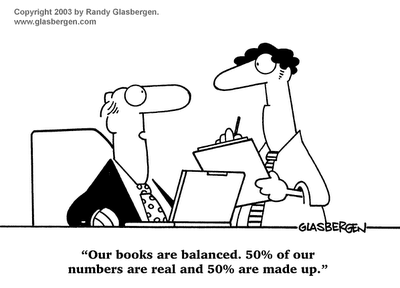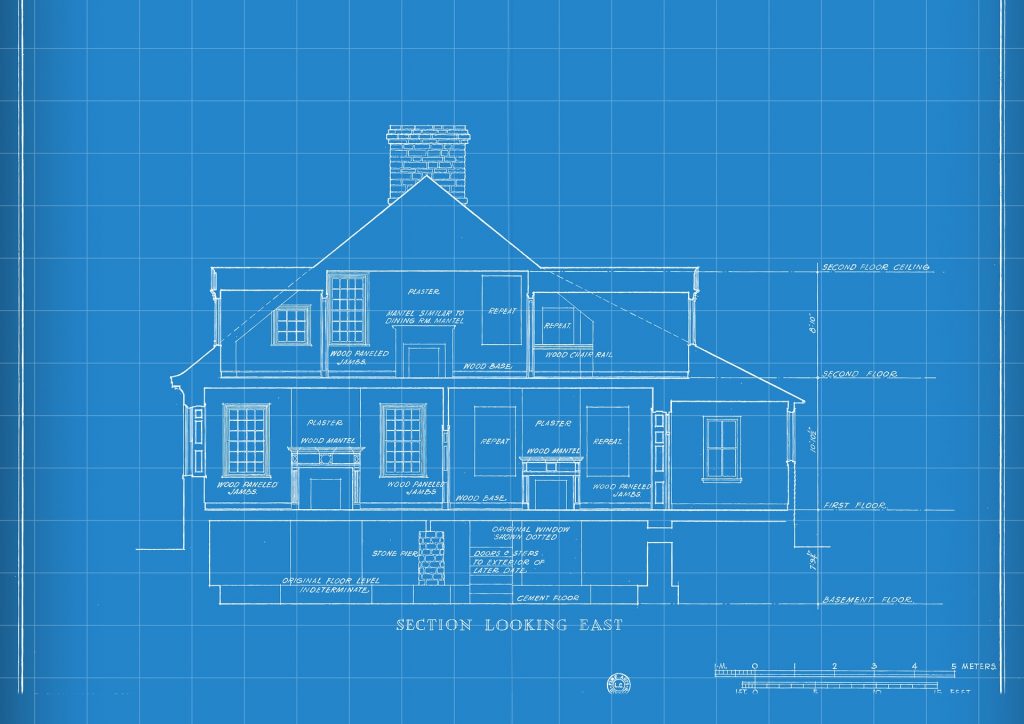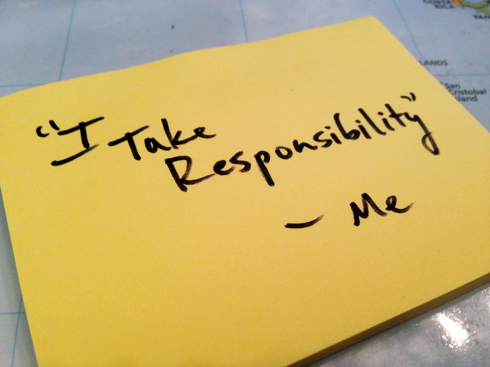How Can I Do This?
As it seems to happen fairly regularly, the business mastermind that I’m a part of discussed accountability. This topic came up regarding things we need to accomplish in the last quarter of this year to be prepared to reach our 2025 goals.
Accountability is not a new topic for me to discuss. Back in June of 2021, I wrote about how being accountable is up to me. This post was also generated from that same mastermind.
Accountability is a hard thing to do.
Being accountable is taking responsibility for what you do or have done. Accountability is the quality of being accountable.
In the previous post, there were some examples of some subcontractors taking responsibility for problems and doing the right thing.
A couple more cases have come up just this past week.
One of my subs had an employee drill some holes through floor joists that they weren’t supposed to drill. The owner of the company is going to install some supports that are code approved. This is accountability!
The other situation was a breaker that tripped. This led to the food in the customer’s refrigerator going bad. The electrician offered to pay for the food, even though they weren’t sure if they were responsible for tripping it. This is accountability!

Being accountable is good business.
Why do we avoid doing things we know we should do?
For me, there are a few different reasons, all of which are within my control.
There’s fear – being afraid that we’re going to fail, afraid we aren’t good enough, or afraid it’ll cost too much.
What about busy – I don’t have time to do that, it takes too long, and I already have too many other things to do.
Don’t forget uncertainty – I don’t know how to do that thing and it’s going to require me to learn something new.
I previously wrote about filtering my life using my core values. One of those is being accountable.

Ultimately, accountability is up to me. It is a choice.
One of the struggles with accountability is trying to do too many things. Overpromising and underdelivering is not very accountable. Scheduling better will help.
Five things that will help with scheduling:
- Find the balance of accuracy and urgency – This is a big struggle that I have when scheduling. I know that I’m deadline-oriented. If I allow two hours to do something it will most likely take twice that long. If I allow four hours, it reduces the level of urgency, and I will procrastinate. Something else will take its place. I’ve figured out that if I schedule myself short on time, I focus better, and the increased urgency will get it done faster. Figuring out your balance of accuracy and urgency can be tricky, but is critical.
- Give as much importance to my schedule with myself as to others – When I put things on the calendar that are for myself, I tend to be more lenient. This is different than when I have a meeting scheduled with someone else. If I am going to honor God and others, I need to also honor myself. This is hard for me but is one of those areas where I need to be more accountable. If I hope to spend my time efficiently, I need to be realistic when scheduling with myself and honor it.
- Stop trying to do too many things – But there are so many important things that need to be done. If I don’t do them, they won’t get done or they won’t be done right. This tendency of trying to do too many things has always been a characteristic that I have been proud of. This is what movers and shakers do, right? Being a micro-manager doesn’t help either. There are just too many pieces to put together by myself. I need some clarity of focus on what my time is best spent on and to stop trying to do everything if I want to be the best steward of my time.
- Take into account the number of things out of my control – The bigger the project being scheduled, the more things there are to schedule. One small delay can have a snowball effect by pushing things farther and farther back. There needs to be some margin scheduled in to cover these delays. The important thing is to not let the margins become areas of wasted time. It is critical to communicate clearly to those involved the importance of being on schedule. I use two different schedules with projects. One with the customer and one with the subcontractors.
- Plan for unforeseen things that interrupt the plan – There are always things that can’t be planned for. It doesn’t matter how well you plan, if something breaks down or there’s an accident, the priority and focus can change quickly. This is out of my control. The difference between this point and the previous one is in the frequency and the level of disruption. We can only plan for these things to a certain point. It is more about being aware that it can happen and being ready to deal with it the best we can when it does. This is flexible rigidity.
Being accountable is being aware of these things. Understanding them. Taking intentional action to do something about it. And continually learning.
As a construction contractor adding coaching and consulting to my list, it seems that construction projects are more important than coaching and consulting…or is it?
The question is, how many more people would benefit from construction companies knowing how to do business?

Being accountable is up to me. Ultimately, it comes down to this…
I’m accountable to God.
What am I going to do about it?






















